Dinar hits new low despite intervention
The dinar has fallen to a new record low against the euro, with one euro now worth RSD 95.7.
Tuesday, 27.01.2009.
09:29

The dinar has fallen to a new record low against the euro, with one euro now worth RSD 95.7. The National Bank of Serbia (NBS) intervened on the market yesterday selling EUR 36.4mn, meaning that since the start of the year it has sold EUR 254mn. Dinar hits new low despite intervention Finance Minister Diana Dragutinovic said that the dinar rate was adjusting to the new conditions on the market. She add that if the dinar continued to fall, it would be necessary to consider withdrawing IMF funds. NBS Governor Radovan Jelasic said that none of the measures taken by the bank in the mid or long term could substantially affect the exchange rate’s movements. "Clearly the market is looking for a new balance, and the central bank needs to weigh up both the issue of the exchange rate and the volume of foreign currency reserves,” Jelasic told daily Blic. In the short term, what is becoming ever more significant is the issue of the sustainability of macro-economic stability based on the program with the IMF and the adopted budget and the worsening market conditions. The NBS governor added that the higher rate would not have the same impact on prices that it had had a few months ago. “However, inflation does not just depend on the rate and everyone knows what they have to do,” he said, explaining that everything was dictated by the commitments undertaken and the IMF program. B92
Dinar hits new low despite intervention
Finance Minister Diana Dragutinović said that the dinar rate was adjusting to the new conditions on the market. She add that if the dinar continued to fall, it would be necessary to consider withdrawing IMF funds.NBS Governor Radovan Jelašić said that none of the measures taken by the bank in the mid or long term could substantially affect the exchange rate’s movements.
"Clearly the market is looking for a new balance, and the central bank needs to weigh up both the issue of the exchange rate and the volume of foreign currency reserves,” Jelašić told daily Blic.
In the short term, what is becoming ever more significant is the issue of the sustainability of macro-economic stability based on the program with the IMF and the adopted budget and the worsening market conditions.
The NBS governor added that the higher rate would not have the same impact on prices that it had had a few months ago.
“However, inflation does not just depend on the rate and everyone knows what they have to do,” he said, explaining that everything was dictated by the commitments undertaken and the IMF program.











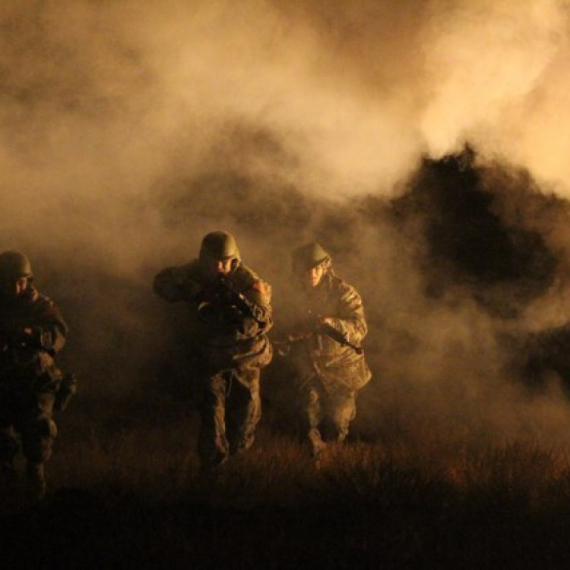
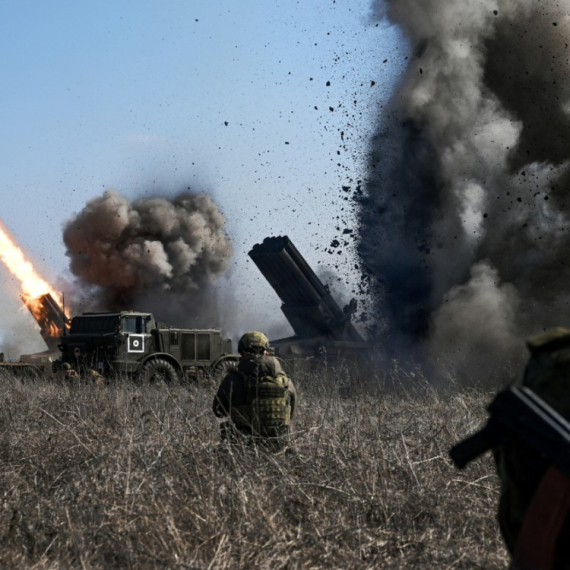


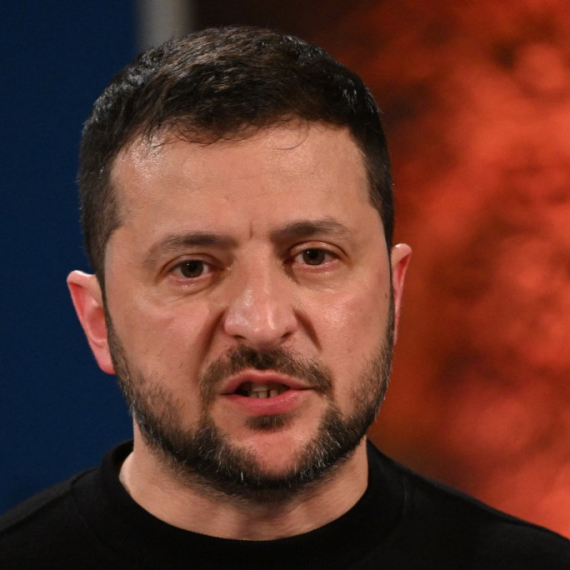
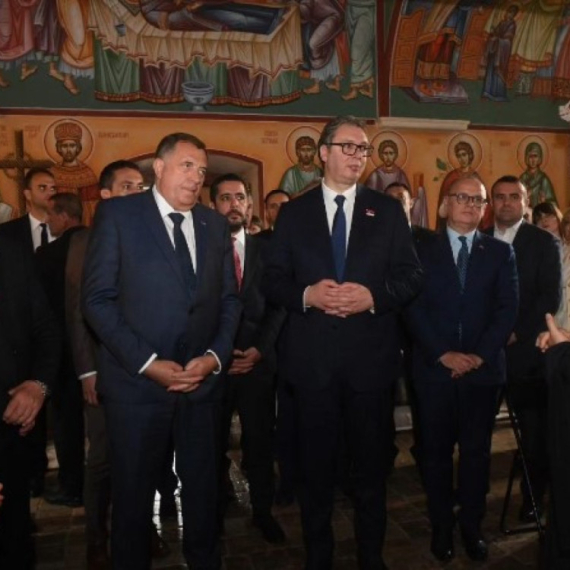




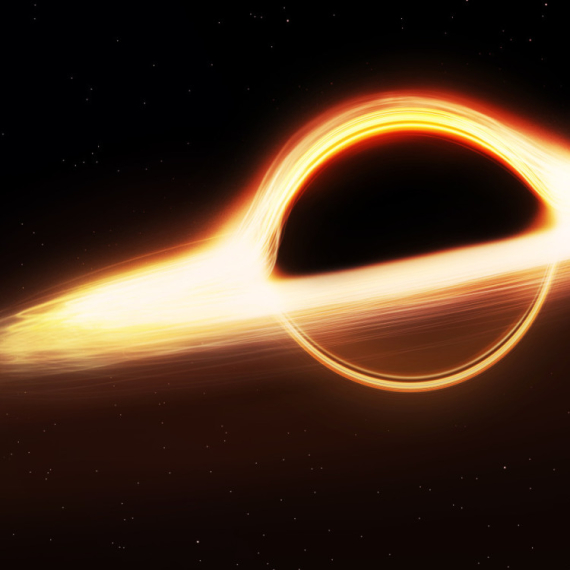
















Komentari 0